Content from the Brookings Institution India Center is now archived. After seven years of an impactful partnership, as of September 11, 2020, Brookings India is now the Centre for Social and Economic Progress, an independent public policy institution based in India.
This article first appeared in the Mint. The views are of the author(s).
Since the US took to the global stage during World War I, two categories of countries have mattered to its world view: allies and adversaries. Both sets of countries garner great attention from Washington, though sometimes the latter commands even more consideration than the former, who are often taken for granted. Countries have also moved from one category to the other, as Germany, Japan and the Soviet Union did after World War II. In contrast, countries, like India, that fall in neither category are often looked upon with indifference by the US and its allies. This outlook has prevailed until now.
With the advent of the Donald Trump presidency in 2017, these categories have not only blurred but appear to have flipped roles; adversaries are now regarded as more trustworthy and allies are looked upon with deep suspicion. This topsy-turvy world view of Trumpism was evident in the early bromance with Russia’s Vladimir Putin, the soft-gloved approach to China’s Xi Jinping, and the bizarre admission that he would be “honoured” to meet North Korea’s Kim Jong-un “under the right circumstances”. This trend continued during the first foreign sojourn of the new president. Consider the following: After months of ranting against the threat of Islamic extremism to the US, Trump’s first stop was Saudi Arabia—the heartland of Wahhabism and the home of the majority of the 9/11 hijackers. While some analysts sought to spin this trip as a masterly effort to build a Sunni coalition against the regional shenanigans of a Shia Iran, it gives more credit to the White House than it deserves. Besides, it is not clear how such a coalition could support the US objective of defeating the Islamic State without the support of Russia, Iran and the Syrian regime—all of which the Saudis oppose.
Moreover, the Saudi trip also fails Trump’s trade surplus standard—according to Forbes, the US has registered a trade surplus with Riyadh only twice in the past quarter of a century. Indeed, just two years ago, the US-Saudi trade deficit was the sixth largest with any country in the world. The exceptional US surplus this year was on account of low oil imports and military sales to the kingdom. Clearly then, the Saudi jamboree with its lavish palatial setting, regal treatment, and pompous sword-dance had only one objective: self-aggrandizement.
In contrast, on the European leg of Trump’s trip, he behaved more like a mafia don addressing rivals rather than a leader of the free world, and treated the North Atlantic Treaty Organization (Nato) as a protection racket rather than a collective security arrangement that has stood by Washington in its out-of-area wars from Afghanistan to Iraq to Libya. While experts on Nato note that at the working level, US allies agreed that they need to do more and cooperation with the Trump administration will continue, the organization has been weakened politically.
Similarly, at the G-7 summit in Italy, Trump was unconvinced that the hard-fought Paris agreement on climate change, which also received the reluctant endorsement of India, was in the best interest of the world’s biggest economies and in preserving a world order that they would dominate. Instead, soon after his return to Washington, he announced the US withdrawal from the agreement—a decision that, clearly, does not have unanimous support within his closest circle—and dents America’s global rule-shaper role. This announcement, coupled with his dancing with the oil sheiks, underlines that Trump prefers the extractive economy of the 20th century to the innovative economy needed for the 21st century.
Trump’s disregard of friends and embrace of foes, coupled with the instinct to shy away from a global rule-shaping role has several implications. First, US allies, who had never seriously considered engaging emerging powers, like China and India, to establish an alternative world order to the US-led global governance system, are now reconsidering their options. As German chancellor Angela Merkel noted recently, traditional alliances, like Nato, were not as reliable and argued that Germany and Europe need to “take our fate into our own hands”.
Second, simultaneously countries like China, which until now had to contend with a US-centered world order, have been emboldened to establish an alternatively China-centric global financial, economic and trade system to attract US allies. As China’s former vice-minister of foreign affairs, He Yafei boasted, “China has not followed the governance model of neo-liberalism” and argued that “China is able to offer an alternative model… to economic growth and good global governance with B&R (belt & road) as a typical example.”
Finally, these developments, especially the US conflation of friends and foes and the desire of staunch US allies in Asia and Europe to look for neo-liberal partners to sustain their models of economic growth and democratic governance, provides an opportunity for India to step up to the global stage as a rule shaper, especially on issues like climate change, trade, cyber, food, energy and maritime security. While India has done reasonably well in resetting its bilateral relations with US allies like Japan and South Korea, it has still a long way to go in working towards a common global governance structure. Prime Minister Narendra Modi’s European trip, soon after Trump’s, was an ideal opportunity to begin serious conversations on world order and reinforce New Delhi’s commitment as a global rule-shaper. However, the indications are that India still needs to strengthen its economic and political credentials to be taken seriously.
The Brookings Institution is committed to quality, independence, and impact.
We are supported by a diverse array of funders. In line with our values and policies, each Brookings publication represents the sole views of its author(s).
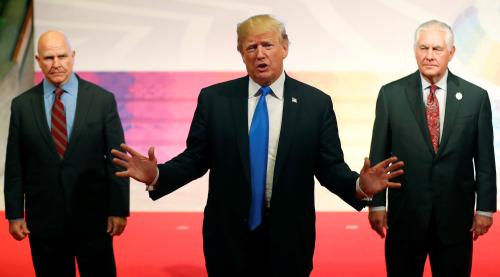
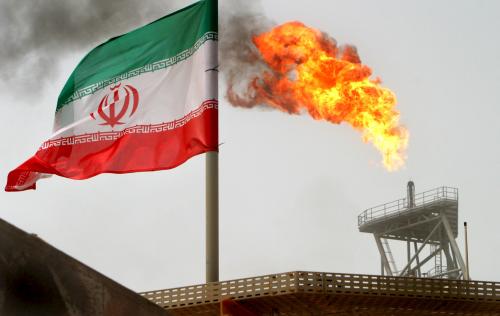
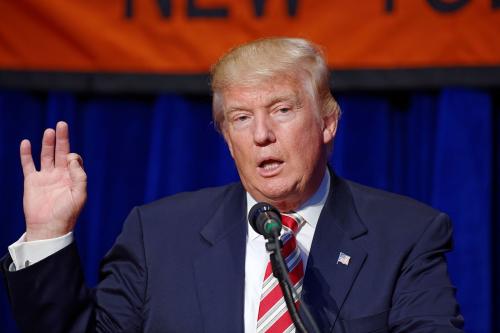
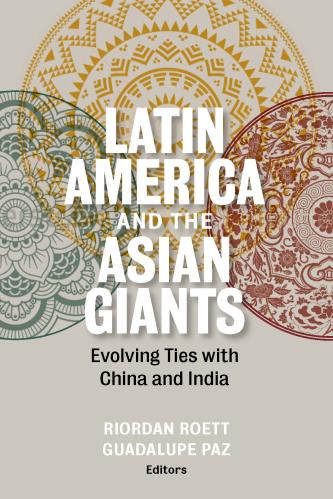
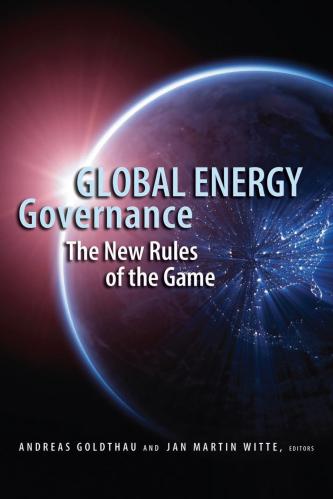
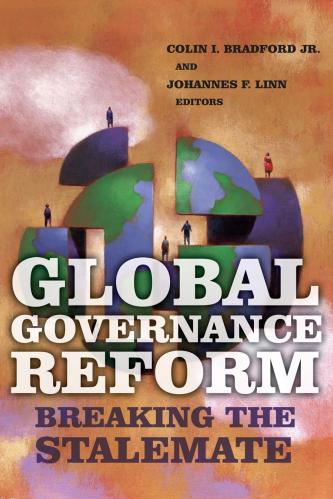
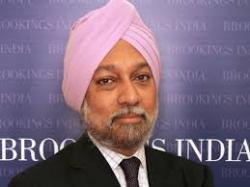

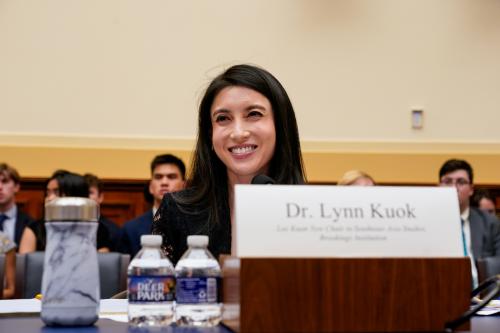
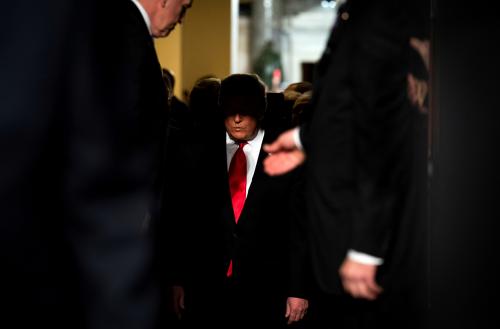
Commentary
Op-edDonald Trump’s friends and foes: a role reversal
June 5, 2017